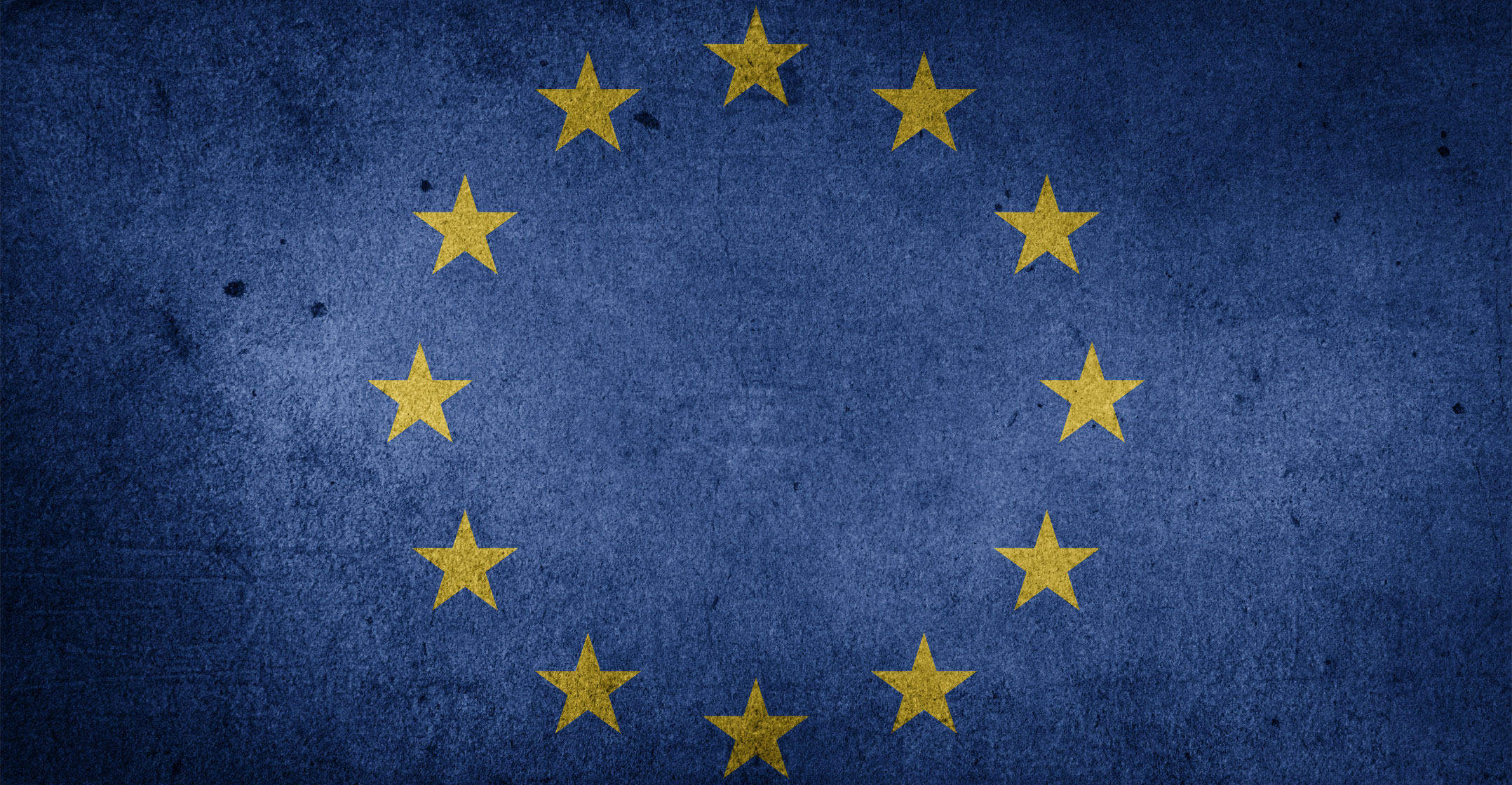 The European Union revealed its most detailed plans yet for a low-earth orbit satellite system worth billions of euros aimed at delivering secure communications for the bloc.
The European Union revealed its most detailed plans yet for a low-earth orbit satellite system worth billions of euros aimed at delivering secure communications for the bloc.
The project will cost an estimated €6-billion in both public and private money. The European Commission plans to spend €2.4-billion from its budget, while the rest would come from EU countries and industry.
Internal Market Commissioner Thierry Breton has been pushing the project through the bloc for more than a year. He told French TV station BFM on Monday it’s essential that Europe has its own so-called “constellation” of satellites.
He said the EU’s space plans will help boost the cybersecurity and resilience of EU countries, while ensuring better broadband access across Europe and Africa. “This is of central importance in terms of our strategic and technical sovereignty,” Breton said Tuesday at a press conference.
The EU is entering a fierce global race to blanket the planet with rival low-earth orbit satellite coverage. These spacecraft are much closer to the planet than the traditional geostationary kind which beam TV and remote communications. This means they can connect users to faster broadband, although they don’t stay in orbit as long and many more need to be launched to achieve the same geographic coverage.
What’s more, fears of collisions are growing with the number and relative density of equipment in orbit.
Dominant player
The dominant player is Elon Musk’s SpaceX, which has launched about 2 000 spacecraft for its Starlink system. It aims to provide consumer broadband to remote regions, as well as defence and business applications, and has the advantage of using its own reusable rockets. It’s become one of the world’s most valuable private companies. Rival billionaire Amazon.com founder Jeff Bezos is also planning a similar system called Project Kuiper.
The EU’s closest equivalent may be a start-up called OneWeb, which was unexpectedly bought out of bankruptcy by the UK government after the outbreak of Covid-19. The UK is now part of a consortium which includes the Indian conglomerate Bharti Global, SoftBank Group and French satellite operator Eutelsat. It’s put two thirds of an initial phase of 648 satellites into orbit. — Thomas Seal and Jillian Deutsch, (c) 2022 Bloomberg LP




